Social media ‘reporting’ hurting real journalism
Moral codes are external to newsrooms, media needs to self-regulate, experts say.

Social media ‘reporting’ hurting real journalism
Pakistan has laws and a constitution, but nobody follows them. Similarly, the country’s media does have codes of conduct, but very few journalists practice them. Newsrooms need to create a culture that inculcates ethics in workers who would go on to collectively uphold morals in professional journalism.
This was expressed by veteran local and foreign journalists on Friday at a discussion on self-regulation for Pakistani media. The events was held in the wake of recent debates that flouting of journalism’s ethical codes is rampant in the local media.
“The media has not internalised the moral codes and they can never be enforced from the outside,” said veteran Pakistani journalist and human rights campaigner IA Rehman while identifying the root of problem.
In the ‘bad times’, newspapers and journals were brought out whenever people felt the need to speak up and raise their voices, but these days, more and more news organisations are established merely out of commercial interests, added Rehman.
Another reason for the decline in ethical journalism was the increased degree of interference from ownership, who undercut editors by taking all important editorial decisions, he said.
“In our times, proprietors were not even allowed to write their names on the publications. Our journalist unions were strong enough to uphold the rights of every journalist,” added Rehman.
British journalist Aidan White, who is currently director of the Coalition for Ethical Journalism, said debate on practicing ethics in journalism are not just Pakistan-specific as it is a global phenomenon.
The media, he said, has to self-regulate, for which it is a key to apologise for mistakes and take responsibility for their actions. “Journalists are bound by rules and ethics. Unlike social media, for instance, journalists are required to give information in a responsible way,” said White.
He called the impact on journalism of social networks and other technological advances “immense”. “With the availability of cell phones, the internet and social networks, the masses are no longer at the receiving end. This enhances the need for responsible journalism as [journalists] cannot just say anything or everything [without proof],” added the former secretary general of the International Federation of Journalists.
Describing the evolution of media from state-controlled to free in Indonesia, former Indonesian Press Council director Lukas Luwarso said the press council in his country established rules and codes for journalists with members of the public.
Also, the press council in our country ensures that people are given the right to reply besides taking responsibility for any censorship into their own hands, he said.
The Express Tribune Executive Editor Muhammad Ziauddin moderated the session.
Published in The Express Tribune, July 7th, 2012.

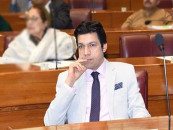
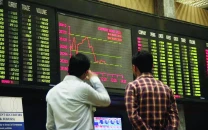
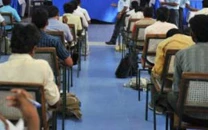

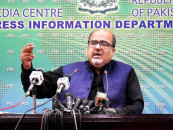
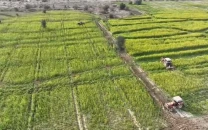
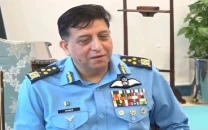

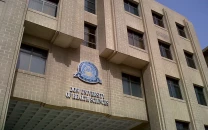


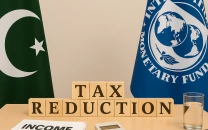
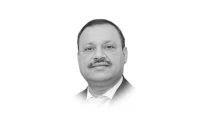



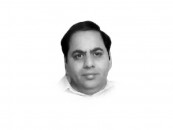

COMMENTS
Comments are moderated and generally will be posted if they are on-topic and not abusive.
For more information, please see our Comments FAQ